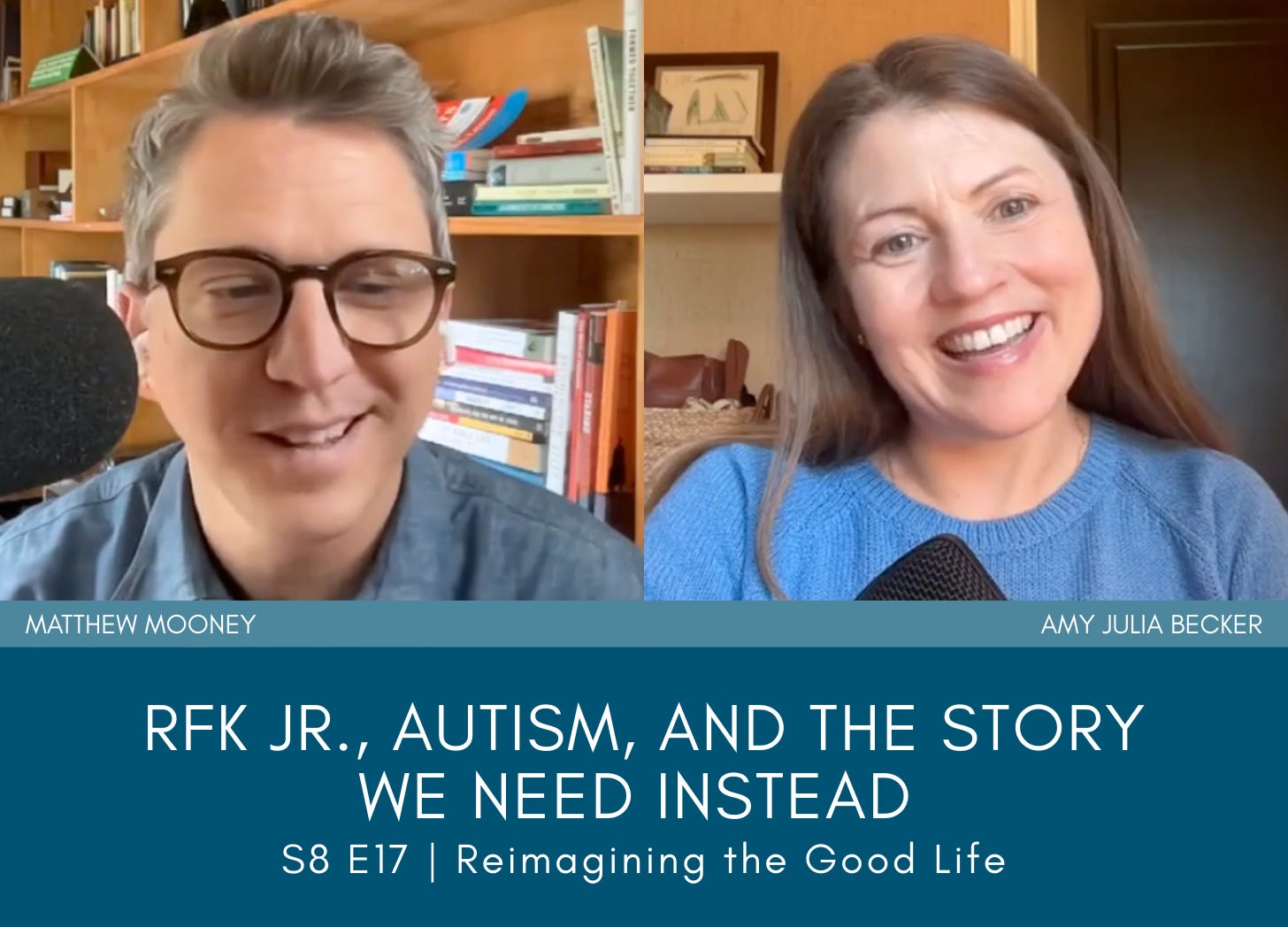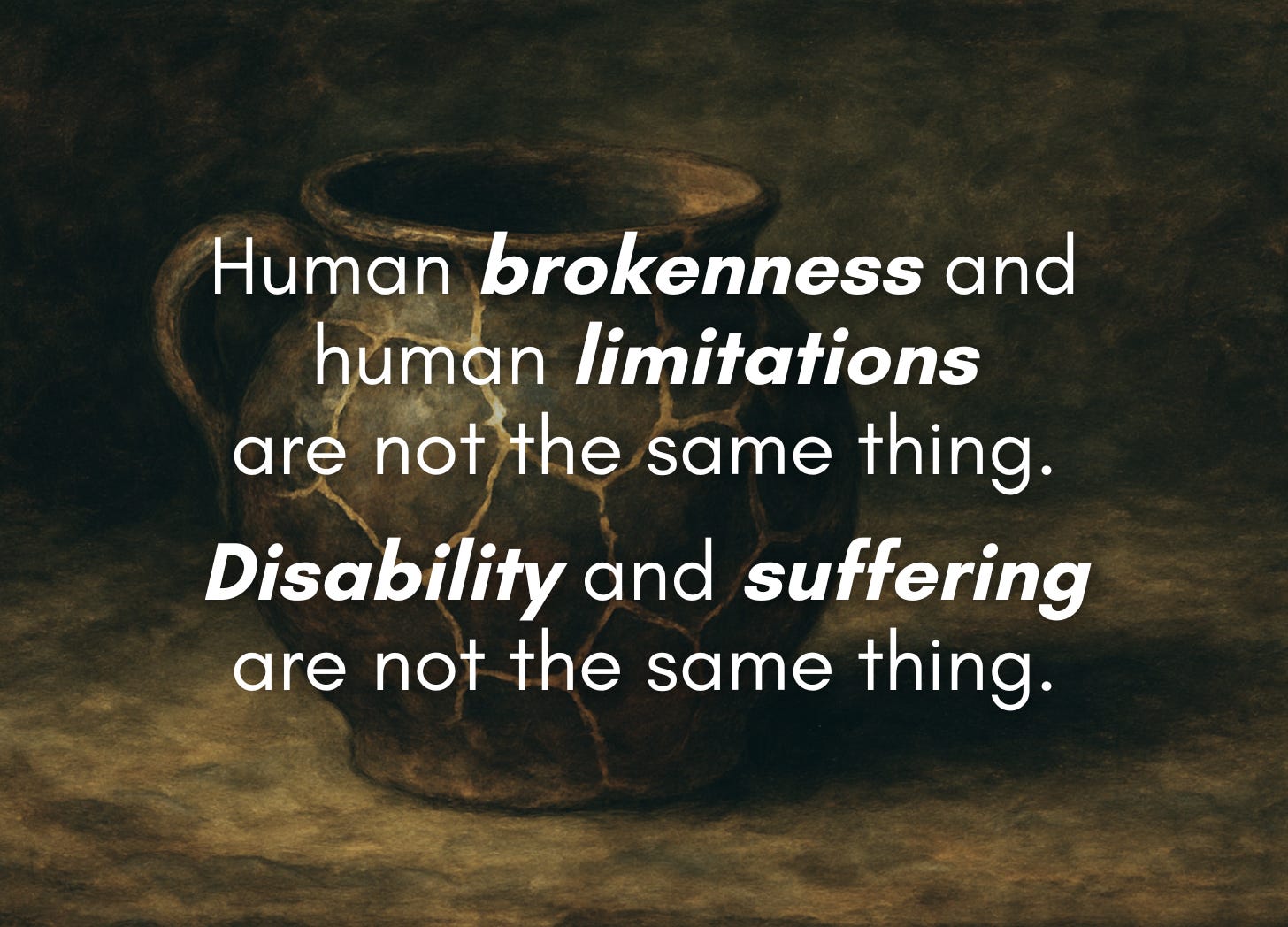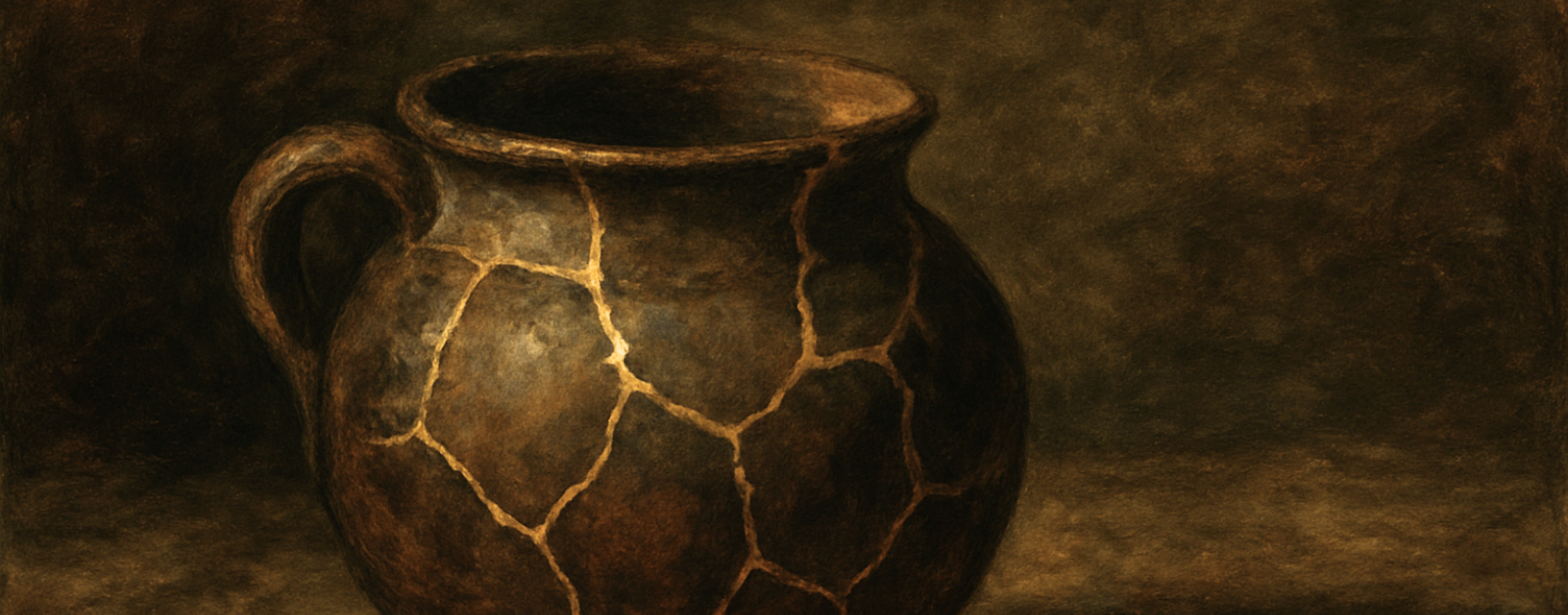Is disability a tragedy? Is it a gift? What place is there for grief and for joy in this story of disability so many of us are living within our families?
After RFK Jr., the current head of the Department of Health and Human Services, made public remarks in which he called autism a tragedy that destroys families, I reached out to Matthew Mooney, co-founder of 99 Balloons. I contacted him because, on the one hand, I wanted some help naming the problematic thinking behind RFK’s remarks. On the other hand, I wanted some help considering why so many parents of disabled kids might find solace in what he had to say.

LISTEN OR WATCH: Apple 🎧 | Spotify 🎧 | YouTube 🎬
I read a beautiful essay by Emily May, titled “Kennedy Described My Daughter’s Reality.” She writes:
“[RFK’s] remarks echo the reality and pain of a subset of parents of children with autism who feel left out of much of the conversation around the condition. Many advocacy groups focus so much on acceptance, inclusion and celebrating neurodiversity that it can feel as if they are avoiding uncomfortable truths about children like mine.”
I’ve been thinking about these issues for many years. Will Penny have Down syndrome in heaven? is a question that I asked myself after she was born, and one that many people ask me regularly. I wrote an essay for Vox a few years back about whether or not I would “cure” Penny of Down syndrome if I could. All this pondering, plus the lived experience of a child with an intellectual disability and our introduction to the disability community more broadly, has led me to a few conclusions amid all my ongoing questions:
One, that human brokenness and human limitations are not the same thing.
Two, disability and suffering are not the same thing.
Three, that every human has limitations, brokenness, and possibility.
And, finally, four, that I will never have all the answers to all the questions, which leads me back, as Matt speaks about in this episode, to the relationships at the heart of the matter.

Our approach to disability as a society needs to make space for both lament and celebration, sorrow and joy, grief and embrace. I hope this conversation at least helps us head in that direction. Please listen (or watch) and then share this episode with a friend. And I want to hear from you. What did you think of RFK Jr’s comments? What place do you see for grief and for joy in this story of disability?
Let’s stay in touch. Subscribe to my newsletter to receive weekly reflections that challenge assumptions about the good life, proclaim the inherent belovedness of every human being, and envision a world of belonging where everyone matters. Follow me on Facebook, Instagram, and YouTube and subscribe to my Reimagining the Good Life podcast for conversations with guests centered around disability, faith, and culture.



